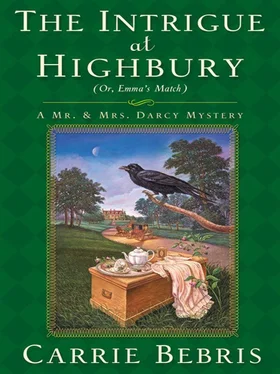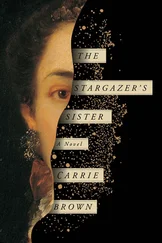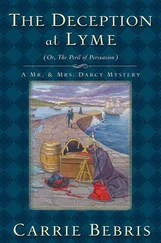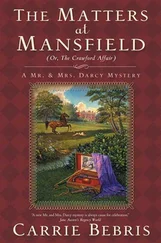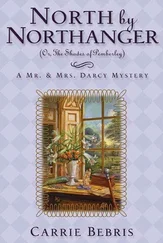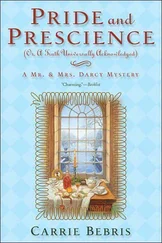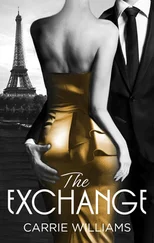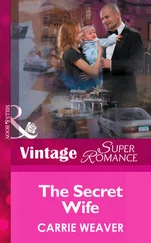He seemed a pleasant young man, her own age or perhaps a year older, with a handsome, clean-shaven countenance and clear blue eyes that looked as if they seldom took the world seriously. Mrs. Knightley had called him “charming,” and Elizabeth sensed he was a gentleman who took pains to make himself liked by all he met. Even now, despite his recent bereavement, his manners were calculated to please. His demeanor was warm, and lighter than Mr. Knightley’s had been at breakfast while discussing the same death.
Frank turned to Mr. Knightley. “I have written to Mr. Ian MacAllister, my uncle’s solicitor in London, to inform him of Mr. Churchill’s death. Among other business, I asked him to arrange for an undertaker to come today to collect my uncle’s remains and prepare them for transport to Yorkshire. I assume he will engage the same man who handled my aunt’s arrangements.”
“Before I can release Mr. Churchill, I must confirm that Mr. Perry has done with him.”
Frank chuckled. It was a thin sound, as if he realized its inappropriateness. “While I hold Mr. Perry’s medical skills in as much esteem as does everybody in Highbury, I think my uncle is beyond the good apothecary’s aid. Even the eminent Mr. Flint, my late aunt’s physician, could not revive him at this point.”
Mr. Knightley did not return the humor. “As you yourself stated last night, Edgar Churchill’s death was sudden and unexpected. Mr. Perry only wishes to ascertain, if he can, the nature of your uncle’s final illness. We would like to be able to assure the village that no virulent disease threatens Highbury.”
Despite the opinion that Mr. Knightley held of Frank, Elizabeth thought he could speak a little more sympathetically toward a young man who just lost his uncle and benefactor. If Donwell Abbey had hosted last night’s party in Frank’s honor, Mr. Knightley must be on at least somewhat friendly terms with Frank Churchill. Yet now he was comporting himself like—
Like a magistrate.
Elizabeth regarded the two gentlemen more closely, particularly Mr. Knightley. She knew that Mr. Knightley harbored suspicions about the cause of Edgar Churchill’s demise.
Suspicions which apparently included Edgar’s heir.
The gipsies did not wait for the operations of justice; they took themselves off in a hurry.
—
Emma
The site of the robbery proved easier to find than Darcy had anticipated. The horses had stamped and skittered so much during the episode that their hoof marks — along with plenty of human footprints — covered that section of the road, and shards of glass from the carriage lamp still lay in the dirt.
Darcy wished they had arrived sooner, before other traffic had marred the scene. Returning before any subsequent vehicles had passed through would have been impossible, but he could not help but reflect that some of the fresher wheel marks likely belonged to Mr. Knightley’s departing guests. There was no help for it, however — the magistrate had, rightfully so, spent the earlier part of the morning occupied with the matter of Edgar Churchill. In Mr. Knightley’s place, Darcy, too, would have fixed a higher priority on investigating a suspicious death in a prominent local family — not to mention one that had occurred in his own home — over the robbery of strangers passing through the village.
Fortunately, the later vehicles and pedestrians had not utterly obliterated two sets of men’s boot prints that led out of and back into the trees on one side of the road. Miss Jones’s accomplices had apparently hidden in the elms, then approached the carriage from behind once the rear lamp was extinguished. Their trail, however, disappeared once it reentered the woods.
Darcy moved among the elms with Mr. Knightley and Mr. Cole, the parish constable. As he searched for some indication of which direction the thieves had gone, he saw Elizabeth go back to the road. She paused when she reached the spot where their coach had stopped the night before, and stared with a deflated expression at the jumble of prints toward the rear.
He approached. She picked up a glass shard from the ground and lifted her gaze to the treetops.
“There is not even a sign of that troublesome raven.”
Darcy, too, felt frustrated by the lack of leads this excursion had produced. “The bird has doubtless found another shiny object to capture its interest.”
She released a sigh as Mr. Knightley joined them. “We are not going to recover our belongings, are we?”
“Come, now,” Mr. Knightley said. “Surely you can grant me and Mr. Cole at least a day before resigning hope?”
“Of course. Though I do not know how you intend to solve a robbery without any evidence.”
“I hardly expected the bandits to leave behind a calling card. We do, however, have another potential source of information. There has been a peddler in the village of late. It is possible that the thieves approached him, trying to sell the stolen goods. If he is still in the neighborhood, we will question him. Even if he has not personally encountered the robbers, his profession brings him into contact with so many people that he might have heard something about highwaymen in the area.”
“Perhaps he should also be asked about gypsies,” Darcy said. “Might the band your wife spoke of this morning have returned? You did mention a recent series of poultry thefts.”
“It is possible — we have not yet caught the poultry thieves. However, filching turkeys from unguarded outbuildings is hardly as bold an enterprise as stopping a private carriage and stealing a gentleman’s chest.”
“Both crimes employ stealth rather than direct confrontation. Our robbers might not be the same individuals who are raiding Highbury’s henhouses, but they could be members of the same caravan.”
Mr. Knightley pondered this a moment. “Did Miss Jones appear of gypsy blood?”
“I have never met a gypsy, only seen depictions,” Darcy replied, “but Miss Jones looked quite English. However, there are tales of English men and women traveling with gypsy caravans, and the ruse to which we fell victim is just the sort of trickery one would expect from gypsies.”
A man on horseback came down the road, headed toward Highbury. The rider slowed as he neared them, and Darcy recognized the livery of Donwell Abbey. The servant hailed Mr. Knightley. “I have a reply for you, sir.”
Mr. Knightley turned to the others. “Pray, excuse me a moment.” He took the letter from the servant, whom he bade continue to Donwell.
Elizabeth tossed the glass fragment back onto the ground. The shard clinked against a solitary, dark grey stone.
A stone a bit too perfect in form.
Darcy picked it up. It was smooth and almond shaped, weighing perhaps two or three ounces and easily fitting in the cradle of his palm. Of greatest interest, however, was the fact that it was not a stone at all, but a lump of molded lead.
Mr. Knightley pocketed his letter and rejoined them. “Have you found something?”
Darcy held out his open palm. “I believe this is a sling bullet.”
He had not used a sling since boyhood, and then had nearly always thrown stones. One afternoon, however, whilst engaged in target practice with his cousins, the Fitzwilliams’ gamekeeper had discovered the boys and provided a sack of sling bullets for them to try. Darcy had quickly come to appreciate their superior accuracy.
Mr. Knightley took the object and examined it. “It has a double notch on one surface — I expect from the mold.” They surveyed the ground but found no additional missiles. “Mrs. Darcy, did you hear any sounds before the lamp shattered?”
“Only the raven and the horses. The bird agitated the team considerably, so they were snorting and rattling their harnesses.”
Читать дальше
